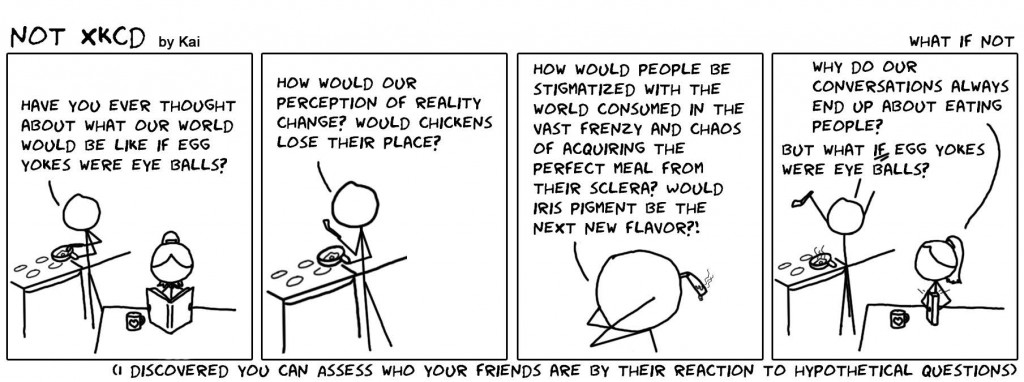Hey, you. Yeah, you, with the US citizenship (sorry, international students). I heard you’re over 18. Have you registered to vote yet?
No? Why not?
There’s no difference between the politicians – they’re all a bunch of (insert something negative here)!
What may seem like a miniscule difference in positions to you can make a difference to millions of people when it’s played out over an entire country. Political issues are real and affect everyone in some way. While you may not care about, for instance, whether the federal government or state government decides how Medicaid money is spent now, in fifty years when you’re eligible for Medicaid, you probably will care. And if you can make a difference, and decide not to, you really have no right to complain about the result. It’s one of the purest possible applications of the “Do Something” principle.
So what? Politicians never follow through on their campaign promises anyway.
While a popular sentiment, politicians actually do tend to carry through on their campaign promises. Or try to, anyway. Our system of checks and balances makes it relatively hard for anyone to push their agenda through, but in general, campaign promises are broken because there was too much opposition to the idea, not because the politician didn’t try to follow through on their promise.
I don’t know how to!
I can help you there. College students are allowed to register either at their college or where they consider home. Every state is somewhat different in their requirements, which they generally list on their website. You can find a list of all the state websites at http://www.eac.gov/voter_resources/register_to_vote.aspx. Despite varying requirements (mostly about ID and where you send your completed form), there is a form that can be used for every state, which can be found on the same website. In general, you fill out that form, attach a copy of something that proves you live where you say you do, and mail it to the local election authority.
If I can register to vote in two places, where do I register?
Good question! There are two important considerations:
Absentee Voting/ Mail-in Voting: If you register to vote in your home state, you probably won’t be able to get to the polls there on election day, and even if you register to vote here, it may be difficult to get to the polls. States vary widely in how restrictive they are about absentee or mail-in voting. In general, western states are more permissive. Massachusetts allows you to vote by mail if you will be absent from your city or town during normal polling hours.
Competitiveness of the state: Contrary to “all men are created equal,” some votes really do count more than others. Here’s a guide to help you decide:
Thirty-three Senators are up for election this year. Not all the races are competitive, of course. However, it’s harder to quantify ‘competitive’ for senate elections, since they only happen every six years, and are subject to the differences between midterm and presidential election years. (Going back three elections for the Senate would put us back in 1996, a very different election). Wikipedia, conveniently, has compiled the predictions of several respected predicting groups shown below.
There are more elections this year than just for the Senate and the White House. Eleven governors will be chosen this year. All 435 seats in the House of Representatives are up for election, and the House is key to getting anything done in the capital. And, last but not least, there are innumerate local elections. Indeed, in several states, voters themselves – not just their representatives – can vote on the law. Space constraints preclude me from delving into these issues, but it’s safe to say that no matter where you register to vote, there will be something interesting and worthwhile for you to vote on. So, what are you waiting for?

Source: http://en.wikipedia.org/wiki/United_States_Senate_elections,_2014

